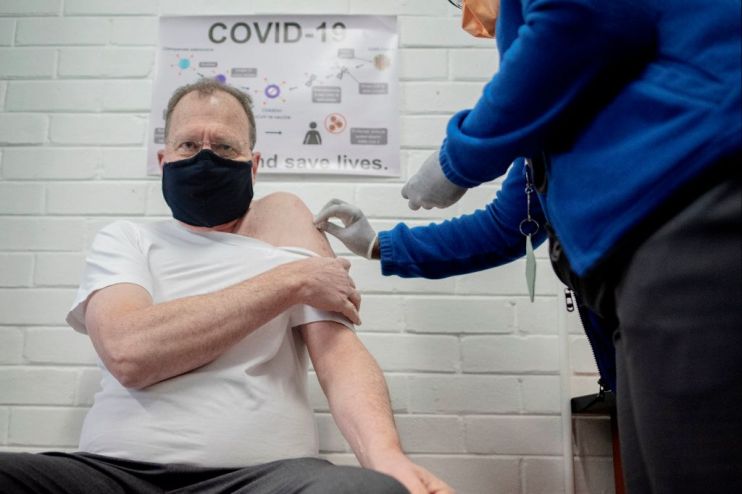Oxford vaccine could be rolled out by end of the year

The lead developer of the University of Oxford’s coronavirus vaccine has said that it is possible that it will be rolled out by the end of the year.
Speaking to the BBC, Professor Sarah Gilbert however cautioned that there was “absolutely no certainty” that this would be the case.
Yesterday scientists hailed a major breakthrough in the battle to find a way to prevent the spread of coronavirus when results of initial trials of the Oxford vaccine showed that it had induced a immune response in patients.
Despite the positive signs, Gilbert said that there were three things that needed to happen before the vaccine could be rolled out.
The experimental treatment needs to be tested and shown to work in late stage trials, be manufactured in large quantities, and be licensed for use by regulators.
“All of these three things have to happen and come together before we can start seeing large numbers of people vaccinated”, she said.
Before the Open newsletter: Start your day with the City View podcast and key market data
In order to mass produce the treatment, the scientists at Oxford have partnered with drugs giant Astrazeneca to give the scale of manufacturing required.
The UK has already ordered 100m doses of the virus even though its full efficacy has yet to be established.
Yesterday’s results, which were published in the Lancet, found that the vaccine was “safe, tolerated, and immunogenic”, with a single dose eliciting a response to the virus.
It provoked a T cell response within 14 days of vaccination and an antibody response within 28 days.
The trial did not produce any dangerous side effects in the patients, but 70 per cent of those on the trial developed a headache or a fever.
More to follow.